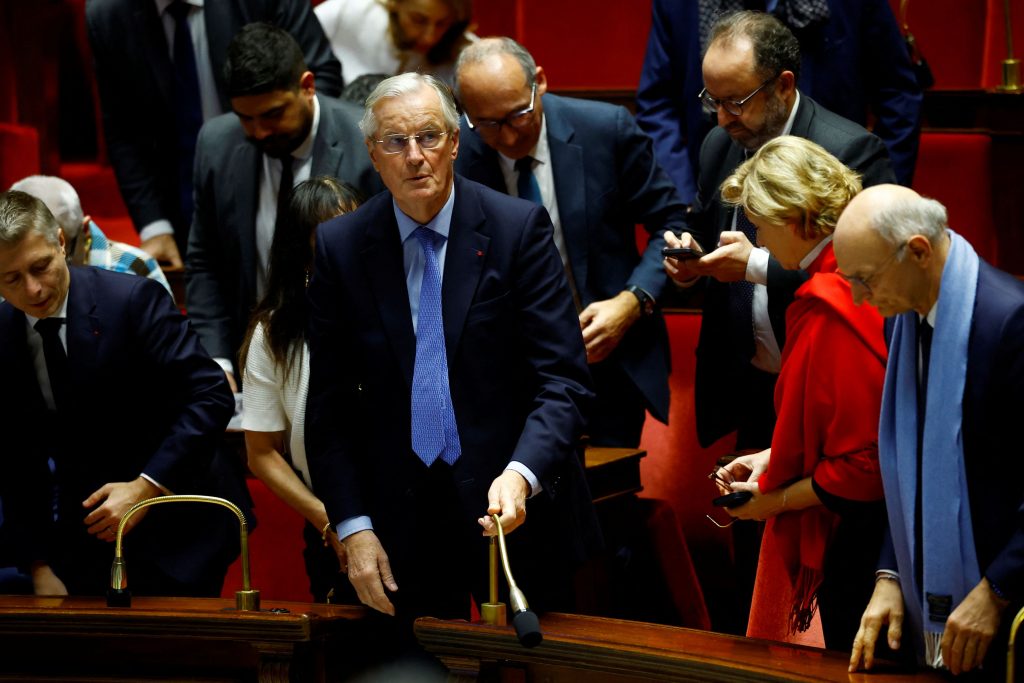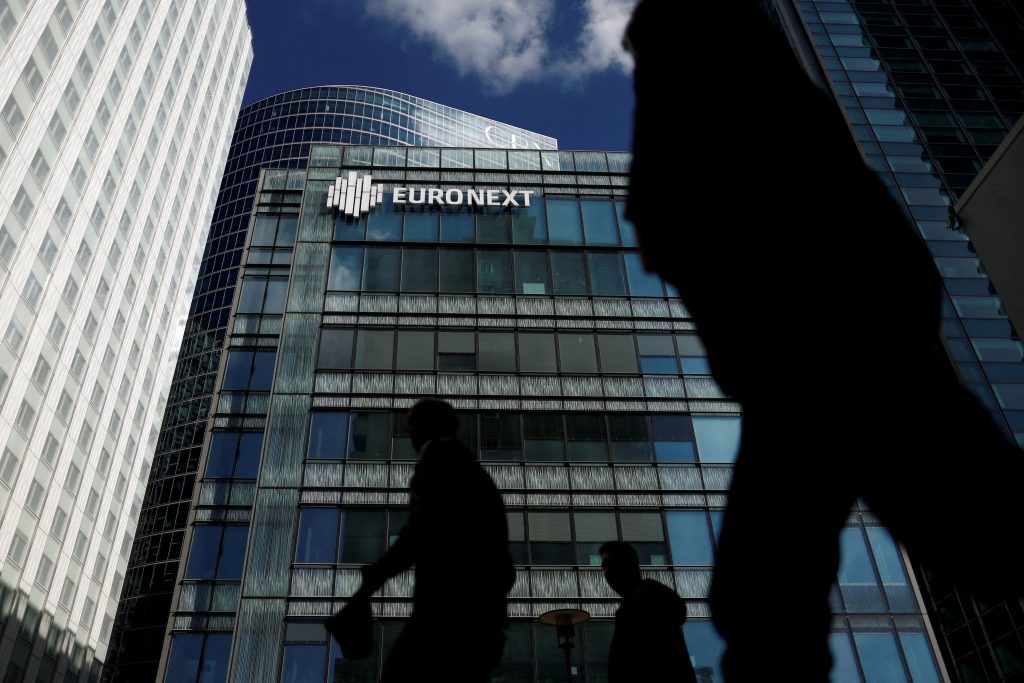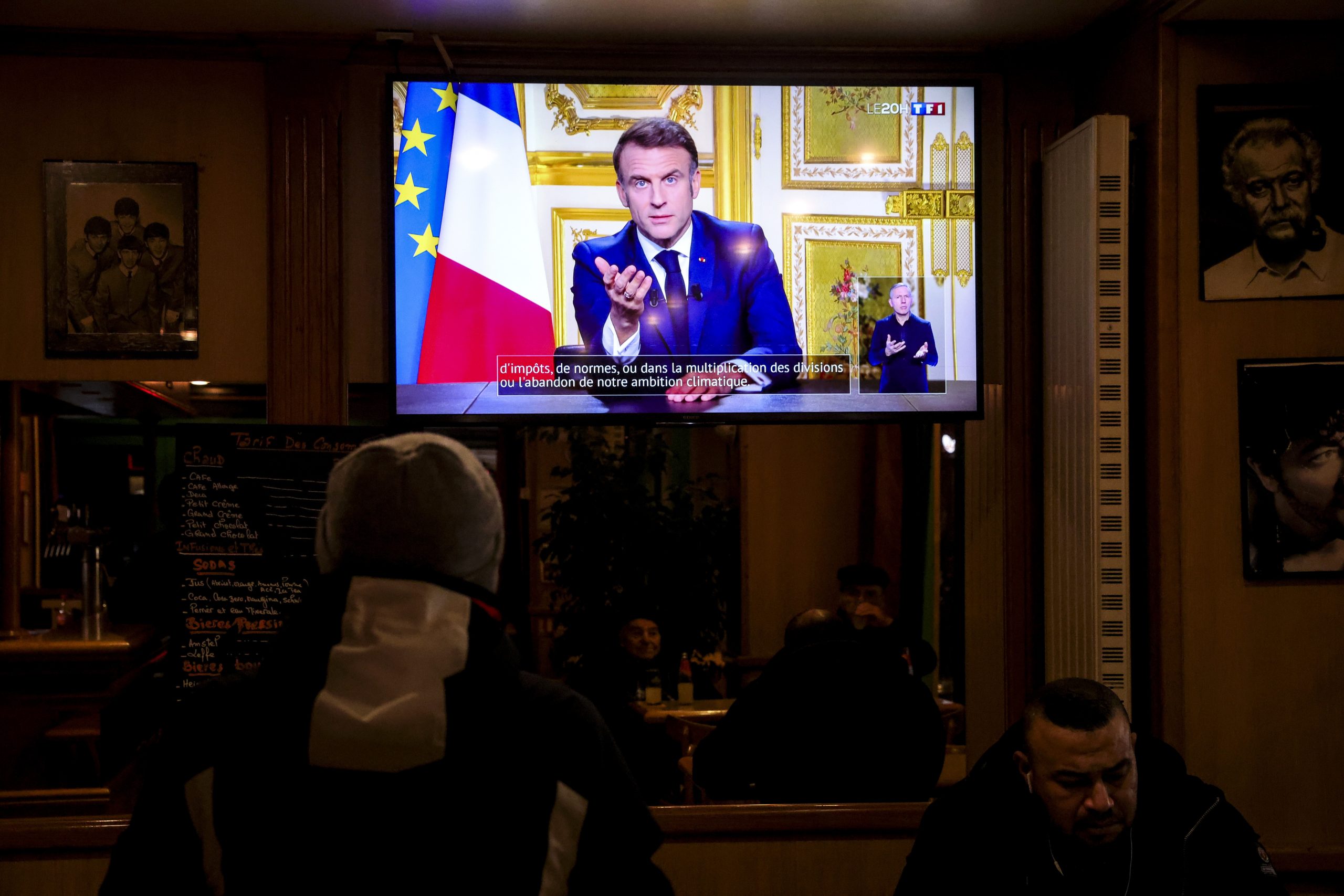French President Emmanuel Macron announced on Thursday that he will appoint a new prime minister in the coming days following the resignation of Michel Barnier, whose brief tenure as prime minister ended after parliament voted him out over his fiscal plans. The top priority for the incoming government will be passing the 2025 budget, Macron said in a televised address.
According to Reuters, Barnier’s resignation marks him as the shortest-serving prime minister in modern French history, stepping down just three months after his appointment. His fiscal strategy, aimed at addressing France’s growing deficit, was met with fierce opposition, culminating in a no-confidence vote.
Barnier and his outgoing government have been asked to stay in a caretaker role until a new cabinet is formed. Speculation about Barnier’s successor includes François Bayrou, a centrist ally whose name has been widely reported as a leading candidate. Macron reportedly had lunch with Bayrou on Thursday, but no official confirmation has been made.

French Prime Minister Michel Barnier reacts after the result of the vote on the first motion of no-confidence against the French government, tabled by the alliance of left-wing parties the “Nouveau Front Populaire” (New Popular Front – NFP), after the use by French government of the article 49.3, a special clause in the French Constitution, to push the budget bill through the National Assembly without a vote by lawmakers, at the National Assembly in Paris, France, December 4, 2024. REUTERS/Sarah Meyssonnier
The president highlighted the importance of assembling a government that represents a broad political spectrum, or at least one that can avoid further censure from parliament. However, Macron provided no specifics on which parties might be involved.
Macron blamed an “anti-republican front” of far-right and left-wing parties for creating what he described as political “chaos.” Despite calls from opposition leaders for his own resignation, Macron pledged to fulfill his term, which ends in May 2027.
Macron emphasized the urgency of stabilizing France’s fiscal policies. A provisional law will be introduced by mid-December to extend the 2024 budget while a full 2025 budget will be prepared early next year. The budget will address inflationary pressures and other fiscal challenges.
“The priority will be the budget,” Macron said.
The political crisis has raised concerns about France’s ability to tackle its fiscal deficit. While French bonds and stocks saw a temporary rally after the no-confidence vote, market analysts warn that prolonged uncertainty will likely increase risk premiums on French assets.

FILE PHOTO: The Euronext stock exchange is pictured at the La Defense business district in Paris, France, September 30, 2022. REUTERS/Benoit Tessier/ File Photo
The uncertainty also casts a shadow over upcoming national events, including Saturday’s reopening of the Notre-Dame Cathedral, attended by global leaders, and France’s ongoing preparations for post-Olympic economic adjustments.
In his address, Macron sought to reassure the nation, pointing to achievements such as the restoration of Notre-Dame and the successful Paris 2024 Olympics as evidence of France’s resilience.
“They are proof that we can do great things. We can do the impossible,” Macron said. “The world admires us for that.”



